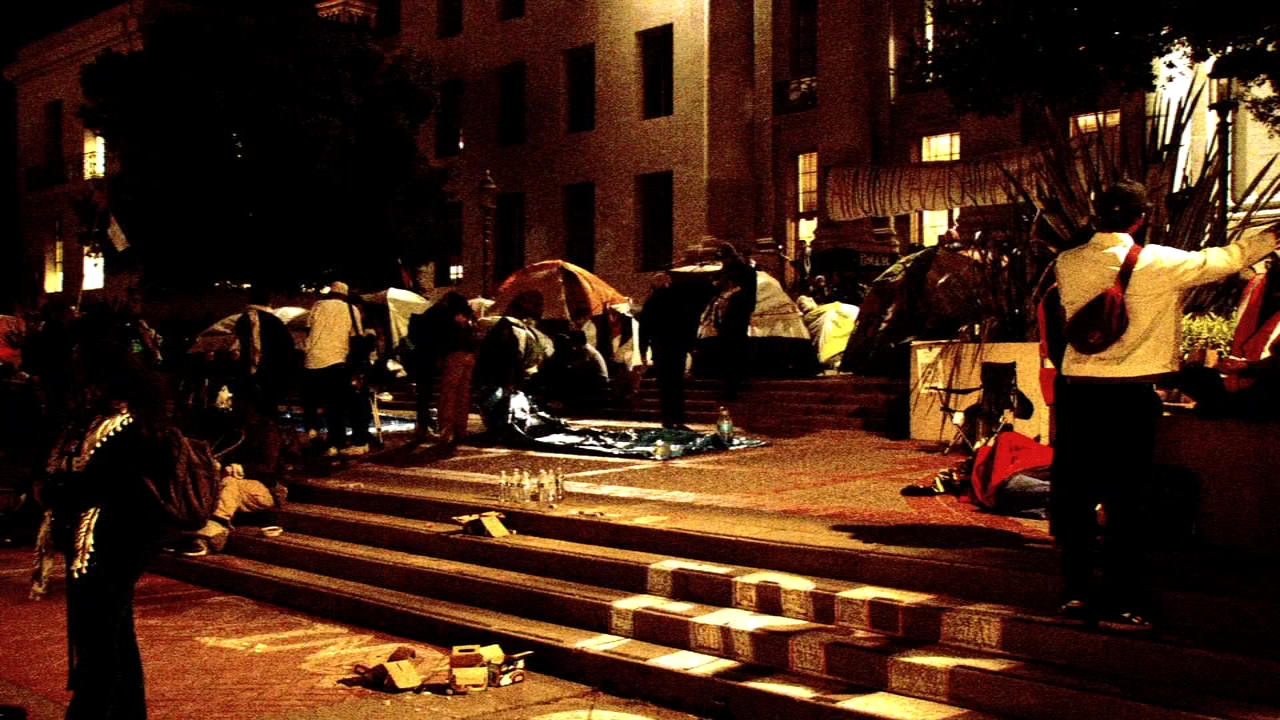Crews replace aging joints on Bay Bridge's western span

SAN FRANCISCO (KGO) -- Work has begun on the western span of the Bay Bridge near San Francisco to replace aging joints. At times traffic will be backed up. But it's not just traffic that has some people frustrated by the work that's going on.
Some San Francisco residents who live near the Bay Bridge say they're losing sleep.
"It sounds like a sledgehammer all night long," said neighbor Joan Price.
Caltrans is replacing old deteriorated expansion joints.
The $2.7 million project will take 10 to 12 weeks to complete. The work is scheduled to take place overnight. It includes closing some lanes of traffic while crews use jackhammers to remove concrete.
"I gotta get up in the morning and go to work, you know?" said neighbor Ashby Jones. "And I realize I'm living in a city, but I mean this is beyond the scope."
"Most of the people who live in the neighborhood are professionals and they work in the Financial District or in South Beach," Price said. "So, you know, we're busy professionals who would like to get a good night's sleep."
ABC7 News spoke with Caltrans spokesman Bob Haus on the phone. He says they are listening to complaints. And each night, they will take care of the jackhammering first.
"The construction crews know about it," he said. "They know there are people living nearby. So they do try to get that work done as quickly as they can, by midnight by the very latest."
He says despite the inconvenience, it's imperative to get this work done as soon as possible. Some joints are almost 80 years old. They're so worn down that in April, a hole opened in the upper deck of the Bay Bridge.
Caltrans tossed the original plan after metal plates that covered the work caused a massive traffic jam.
To avoid gridlock this time, they have crews working six nights a week using rapid-set concrete.








